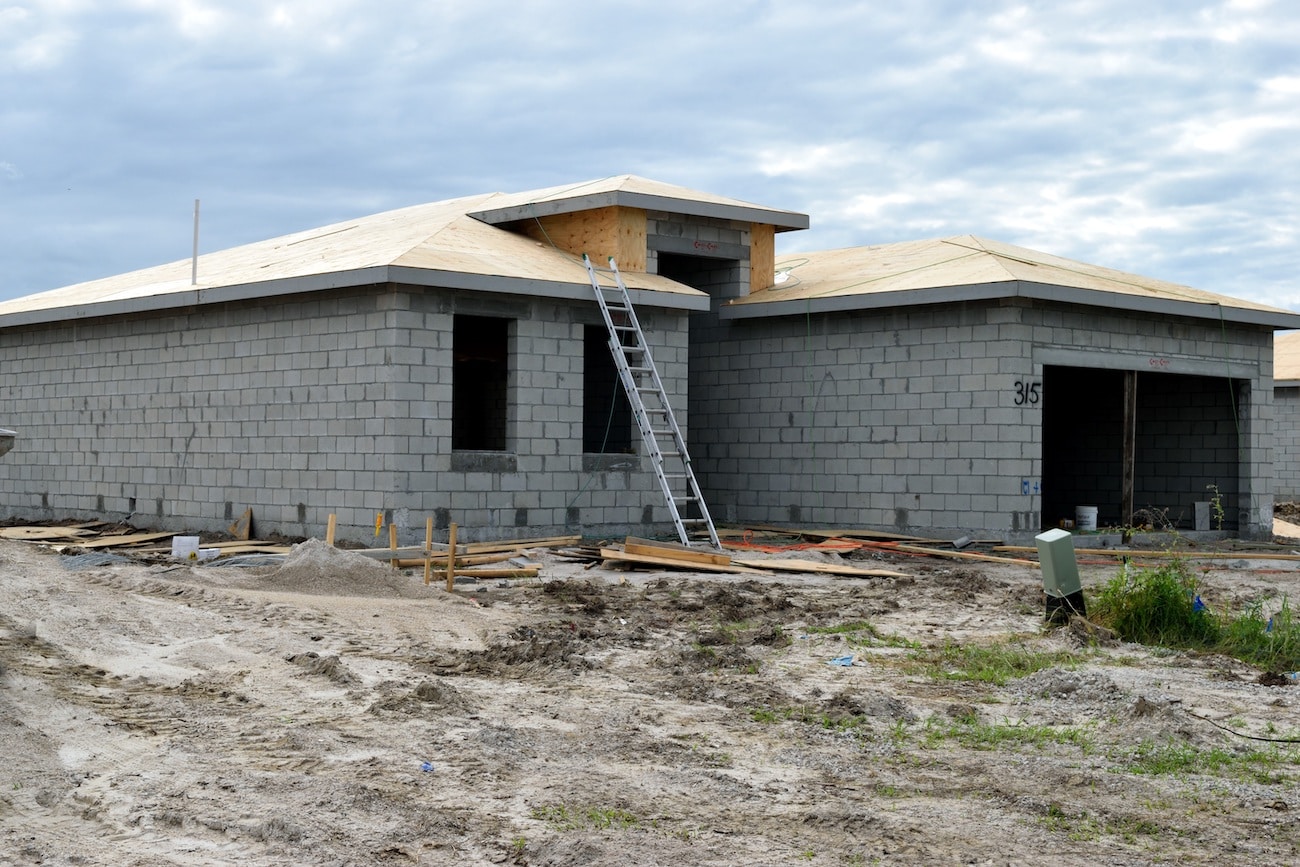Budgeting and Financing Your Dream House
Creating a new home from the ground up is a dream for many, and Florida’s sunny climate and beautiful landscapes make it an appealing place to turn those blueprints into reality. However, constructing a new home in the Sunshine State comes with its own set of financial considerations, from the cost of coastal land to hurricane-proofing your abode. This article will delve into the essential budgeting and financing strategies you need to know when building a home in Florida.
Understanding the Costs of Building in Florida
The cost of building a home in Florida can vary widely depending on several factors:
- Location: Coastal properties come with higher price tags and insurance costs due to the risk of flooding and hurricanes. Inland areas may be more affordable but might require additional costs for transportation or infrastructure.
- Materials and Labor: The hot and sometimes volatile climate influences the type of materials and construction methods used, which can affect the cost. Additionally, the labor market in Florida can impact overall expenses, with skilled labor being in high demand.
- Size and Complexity of the Design: Larger homes with complex designs and high-end finishes cost significantly more than simpler, smaller designs.
- Regulatory Requirements: Florida has stringent building codes, especially in hurricane-prone areas, which can drive up construction costs due to the need for reinforced structures and impact-resistant materials.
Budgeting for Your Home Build
Start With a Clear Plan: Begin with detailed plans and specifications. Knowing exactly what you want helps avoid costly changes mid-construction. Consider working with a local architect familiar with Florida’s unique requirements.
Create a Comprehensive Budget: Itemize every aspect of the build. A detailed budget should include:
- Land acquisition costs
- Design and engineering fees
- Local permits and impact fees
- Construction costs (broken down by phase)
- Landscaping and external works
- Contingency reserve (typically 10-20% of the total budget)
Consider the Long-Term: Think beyond the construction phase. Include the ongoing costs of homeownership in your budget, like homeowners insurance, property taxes, maintenance, utilities, and homeowners’ association fees if applicable.
Account for Delays: Weather can impact construction timelines in Florida, especially during hurricane season. Delays can mean additional costs, so it’s important to factor these into your budget.
Financing Your Home Construction in Florida
Construction Loans: Most people don’t have the cash to pay for a home build outright, so they turn to construction loans. These loans cover the cost of the land and construction, converting to a traditional mortgage after the home is built. They typically have higher interest rates than standard mortgages and require detailed project plans.
Land Loans: If you plan to purchase land separately before building, you may need a land loan. These are often short-term loans with higher interest rates and significant down payment requirements.
Builder Financing: Some builders in Florida offer financing options for new construction. This can streamline the process but be sure to compare terms with other financing options.
Government Loans: FHA and VA construction loans are available and can offer benefits like lower down payments or favorable terms if you qualify.
Energy-Efficient Mortgages (EEMs): For those looking to make their Florida home energy-efficient, EEMs provide additional funds for upgrades like solar panels or energy-efficient windows without requiring a larger down payment.
Cost-Saving Tips Without Compromising Quality
Opt for a Simple Design: Complicated designs with multiple roof lines or custom architectural features can drive up costs. Stick with simpler designs that are easier and more cost-effective to build.
Choose Cost-Effective Materials: Work with your builder to select materials that offer durability and quality while keeping costs in check. In Florida, this might mean choosing a roofing material that’s both hurricane-resistant and cost-effective over a more expensive option.
Do Some of the Work Yourself: If you’re skilled in a particular area, such as landscaping or interior finishing, doing some work yourself can save money. However, be realistic about your skills and time.
Shop Around: Get multiple quotes for materials and labor. The first quote isn’t always the best, and costs can vary widely between suppliers and subcontractors.
Consider Off-Season Construction: Starting your build during Florida’s off-season may get you better deals from contractors who are less busy compared to peak times.
The Financial Implications of Building vs. Buying
Building a home often costs more upfront compared to buying a pre-existing house, mainly due to the cost of land and the construction process. However, new homes are generally more energy-efficient, come with fewer repairs or maintenance issues in the near term, and can be customized to fit your needs exactly.
Buying an existing home in Florida might save you money in the short run but consider potential renovations, repairs due to aging, or updating to meet current hurricane codes.
Building a home in Florida is an exciting venture that requires detailed planning and financial strategy. By understanding the various costs involved, creating a comprehensive budget, exploring financing options, and finding ways to save without sacrificing quality, you can make informed decisions that will bring you one step closer to your dream home in the Sunshine State.
Remember, building a home is not just an investment in bricks and mortar; it’s an investment in your future. Take the time to do it right, and you’ll have a home that not only meets your needs but also provides a safe, comfortable, and enjoyable living environment for many years to come. Whether you’re gazing at the stars from a suburban backyard or enjoying the coastal breezes from your porch, a well-planned budget and financing strategy will ensure that your Florida home remains a place of joy rather than financial stress.
Ask RFB about landscaping options and packages and which is the best choice for you. Keep in mind some planned unit communities may require a certain landscaping or require approval from the home owners association. We can help you navigate any questions you may have along with requests.






